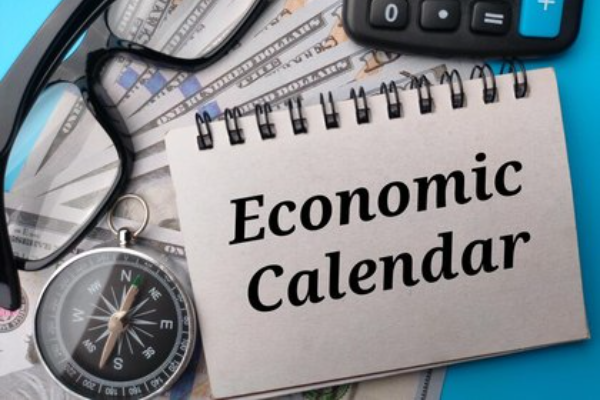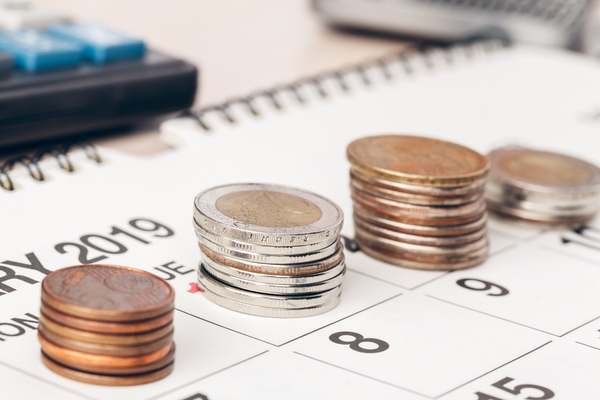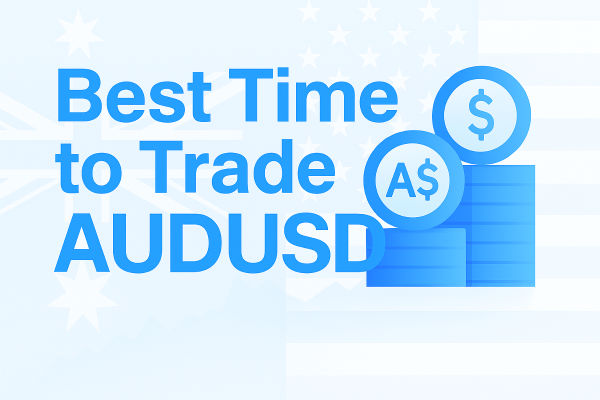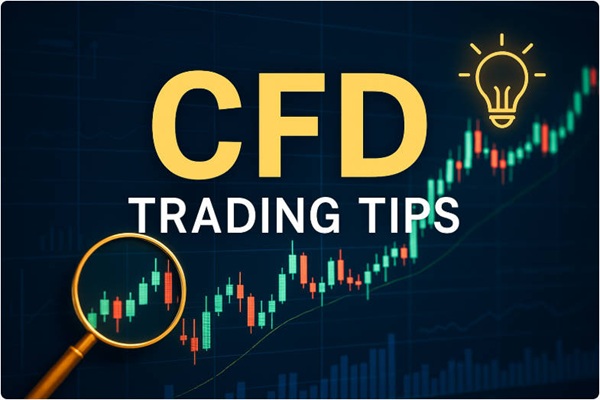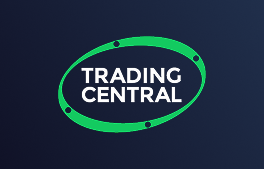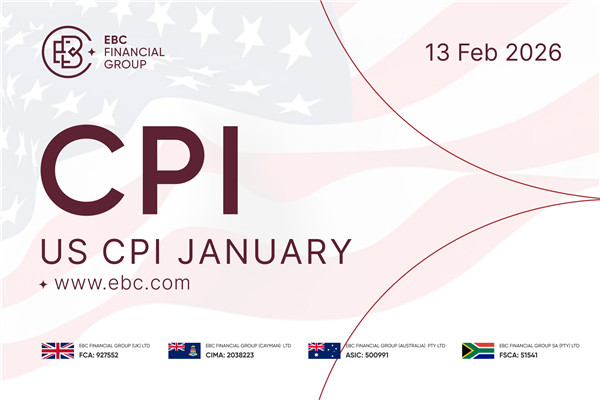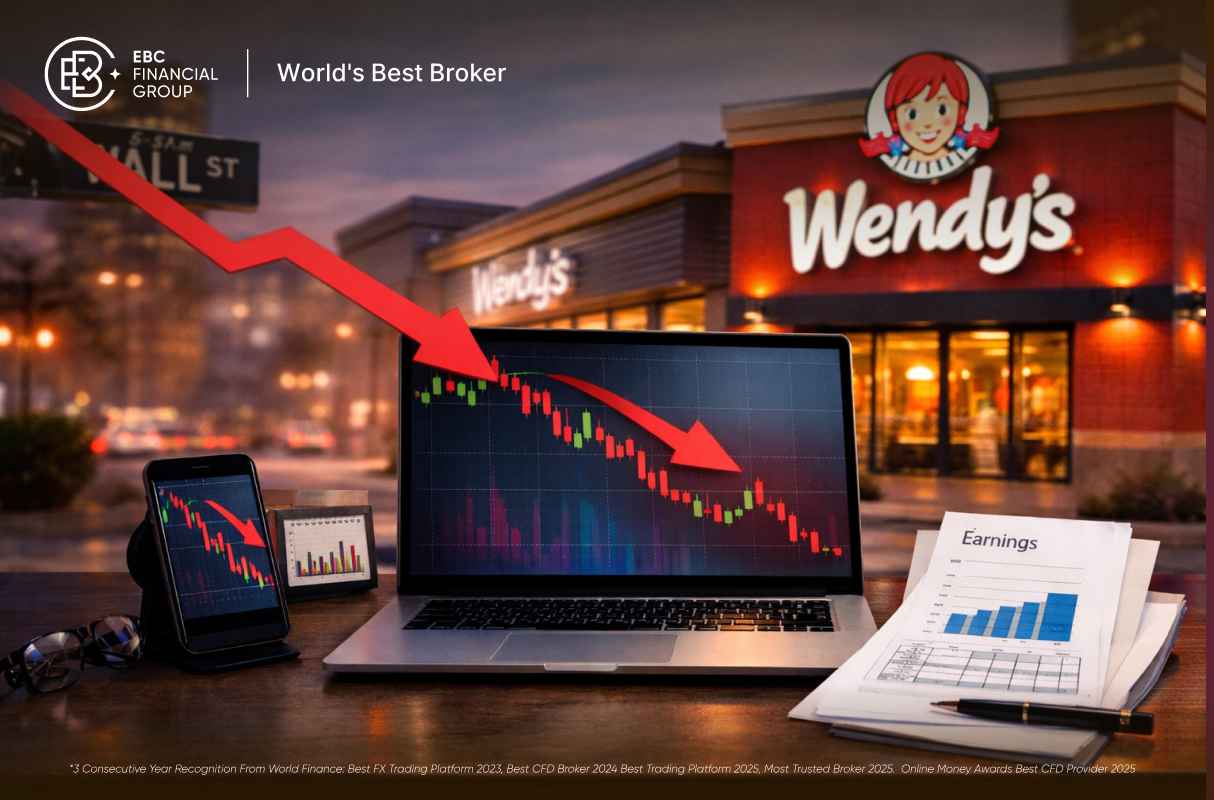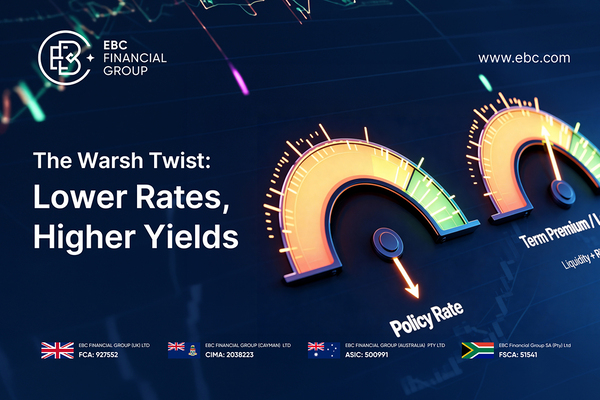A Successful trader not only be skilled in technical analysis but also have a keen eye on global economic events. This is where the economic calendar comes into play. They offer traders a detailed schedule of key financial events, announcements, and data releases that could significantly impact the markets. By effectively using an economic calendar, traders can refine their strategies, anticipate market movements, and make a better decision.
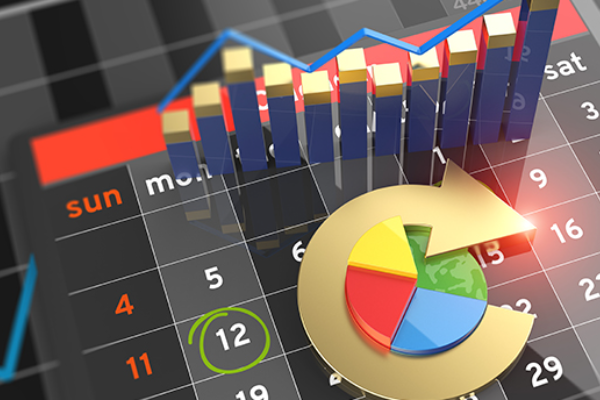
Understanding the Basics of an Economic Calendar
An economic calendar is essentially a tool that provides information on upcoming events such as central bank meetings, economic reports, GDP data, inflation figures, employment reports, NFP and more. These events are categorized based on their expected impact on the market—low, medium, or high. High-impact events, such as interest rate decisions or significant economic reports, often lead to sharp market movements, making them interesting to traders.
The economic calendar is regularly updated by brokers and financial platforms, ensuring that traders have the latest information. These tools typically cover a wide range of global economies, allowing traders to assess how international events may influence their trades, especially in the interconnected world of forex trading.
Economic data releases can significantly influence market sentiment and volatility. For instance, when a country's GDP growth exceeds expectations, its currency might strengthen due to increased investor confidence. On the other hand, higher-than-expected inflation could prompt central banks to raise interest rates, affecting stock markets, bonds, and currencies alike.For traders, staying on top of these events is crucial. By keeping an eye on the economic calendar, you can prepare for potential market volatility and adjust your trading strategy accordingly. Traders who ignore the economic calendar may find themselves caught off-guard by sudden market movements, eventually leading to unexpected losses.
How to Use an Economic Calendar in Your Trading Strategy
Using an economic calendar effectively involves more than just knowing the dates of key events. It's about understanding how these events might impact the markets and planning your trades around them. Here's how you can incorporate an economic calendar into your trading routine:
1. Planning Your Trades in Advance
A well-thought-out Trading plan is essential for long-term success. An economic calendar allows you to anticipate market volatility by providing advance notice of events that could influence prices. For instance, if you know a central bank will announce its interest rate decision next week, you can adjust your positions on the platform to either capitalize on or hedge against the expected market movements. Traders often avoid entering new positions just before high-impact events due to the potential for unpredictable market behavior. Conversely, some traders prefer to trade around these events, exploiting the sharp price movements that occur.
2. Timing Your Entries and Exits
Timing is crucial in trading, and the economic calendar can help you get it right. By analysing previous data releases and market reactions, you can gauge how a specific event might affect your chosen asset. For instance, if the U.S. Federal Reserve announces a surprise rate hike, it could cause the U.S. dollar to strengthen against other currencies, presenting opportunities for traders who are aware of economic calendar. Traders can use this information to enter positions before the event if they anticipate the market's reaction or wait until the event is over to trade on the resulting volatility. Either way, having access to timely economic data is a powerful way to fine-tune your entry and exit points.
3. Assessing Market Sentiment
Understanding market sentiment is another key advantage of using an economic calendar. The expectations surrounding a data release or economic announcement often drive market behavior before the event occurs. For example, if analysts predict strong employment data from the U.S., traders may start buying U.S. dollars in anticipation of the report, even before the official numbers are released. By following the economic calendar and keeping up with market sentiment, you can better position yourself for potential market movements while trading. In some cases, the actual event may differ from the forecast, leading to significant price corrections and creating trading opportunities.
4. Managing Risk and Volatility
Trading around major economic events can be risky due to the potential for sudden price swings. However, being aware of these events allows you to manage your risk effectively. For example, if you know a high-impact event is coming, you might reduce the size of your positions or set tighter stop-loss orders to protect yourself from unexpected market movements. Many traders prefer to sit outside of the market entirely during highly volatile periods, waiting for the dust to settle before re-entering. Whether you choose to trade during these times or not, being aware of the upcoming economic events gives you greater control over your risk management.
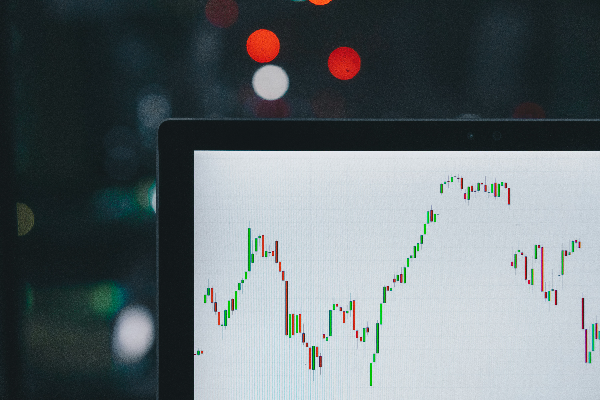
Best Practices for Using an Economic Calendar
While economic calendar is a powerful tool, there are a few best practices to keep in mind to maximize their effectiveness:
Use Multiple Sources: Economic calendar are widely available, but it's important to use a reliable and accurate source. Some platforms may report events at different times, so double-check with multiple sources to ensure you have the most up-to-date information.
Prioritize High-Impact Events: Not all events on an economic calendar will affect your trades equally. Focus on high-impact events that are most likely to move the markets, especially if you're trading forex or other assets that are sensitive to economic data.
Stay Updated on Market Expectations: Ahead of major economic releases, keep an eye on analyst forecasts and market expectations. This will help you gauge whether the actual data is likely to cause a big market move based on how it compares to predictions.
Conclusion
An economic calendar is a crucial tool for any serious trader. By helping you stay updated about key events and economic data releases, it allows you to make more strategic decisions and manage your risk more effectively. Whether you are a short-term trader looking to capitalize on market volatility or a long-term investor adjusting your portfolio, the economic calendar can give you an edge in today's dynamic markets.
Incorporating this tool into your daily routine on EBC's platform can significantly improve your trading strategy by keeping you aware of market-moving events and helping you time your trades with precision. With a solid understanding of how economic events affect market behavior, you'll be better equipped to navigate the ups and downs of the financial markets and increase your potential for success with EBC.
Disclaimer: This material is for general information purposes only and is not intended as (and should not be considered to be) financial, investment, or other advice on which reliance should be placed. No opinion given in the material constitutes a recommendation by EBC or the author that any particular investment, security, transaction, or investment strategy is suitable for any specific person.
